
The Vibrant Heart of Kigali: Kimihurura
Kimihurura is a bustling neighborhood in Kigali, Rwanda, that offers a unique blend of modernity and tradition. Known for its vibrant streets, chic cafes, and top-notch restaurants, Kimihurura is a must-visit for anyone exploring Kigali. The area is a hub for both locals and tourists, making it a melting pot of cultures and experiences. From the moment you step into Kimihurura, you'll be struck by its lively atmosphere. The neighborhood is home to some of Kigali's best dining spots, offering an array of cuisines that cater to all tastes. Whether you're in the mood for traditional Rwandan dishes or international flavors, you'll find plenty of options to satisfy your palate. Kimihurura is also a great place for shopping and entertainment. The local markets offer a variety of handmade crafts, textiles, and souvenirs that make for perfect keepsakes. Additionally, the neighborhood hosts several cultural events and festivals throughout the year, providing a glimpse into the rich heritage of Rwanda. For those who enjoy nightlife, Kimihurura has a range of bars and clubs that stay lively well into the night.
Local tips in Kimihurura
- Visit in the evening to experience the vibrant nightlife and bustling street scenes.
- Don't miss out on the local markets for unique souvenirs and handmade crafts.
- Try the traditional Rwandan dishes at one of the local restaurants for an authentic culinary experience.
- Check the local event calendar for cultural festivals and events happening during your visit.
- Be prepared for a mix of modern and traditional experiences, making it a versatile destination for all types of travelers.
The Vibrant Heart of Kigali: Kimihurura
Kimihurura is a bustling neighborhood in Kigali, Rwanda, that offers a unique blend of modernity and tradition. Known for its vibrant streets, chic cafes, and top-notch restaurants, Kimihurura is a must-visit for anyone exploring Kigali. The area is a hub for both locals and tourists, making it a melting pot of cultures and experiences. From the moment you step into Kimihurura, you'll be struck by its lively atmosphere. The neighborhood is home to some of Kigali's best dining spots, offering an array of cuisines that cater to all tastes. Whether you're in the mood for traditional Rwandan dishes or international flavors, you'll find plenty of options to satisfy your palate. Kimihurura is also a great place for shopping and entertainment. The local markets offer a variety of handmade crafts, textiles, and souvenirs that make for perfect keepsakes. Additionally, the neighborhood hosts several cultural events and festivals throughout the year, providing a glimpse into the rich heritage of Rwanda. For those who enjoy nightlife, Kimihurura has a range of bars and clubs that stay lively well into the night.
Iconic landmarks you can’t miss
Kigali Genocide Memorial
Explore the Kigali Genocide Memorial, a key historical site offering deep insights into Rwanda's past, resilience, and path toward healing.
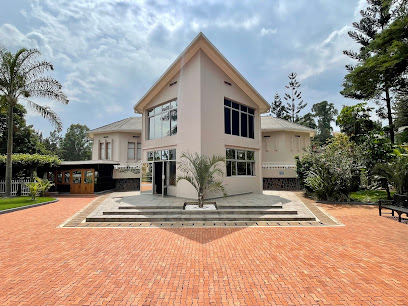
Inema Arts Centre
Discover the vibrant art scene at Inema Arts Centre in Kigali, showcasing contemporary Rwandan art and cultural creativity.
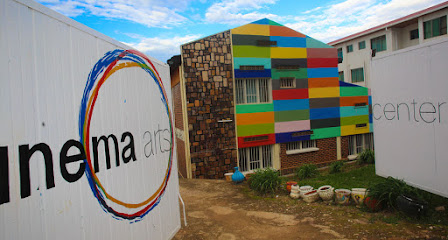
Belgian Peacekeepers Memorial
Explore the Belgian Peacekeepers Memorial in Kigali: A profound tribute to courage, sacrifice, and the enduring quest for peace.
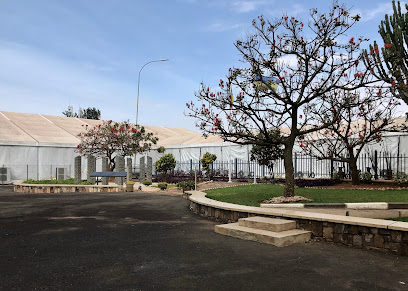
Azizi Life Studio
Discover the essence of Rwandan craftsmanship at Azizi Life Studio, where art, culture, and community converge in the heart of Kigali.
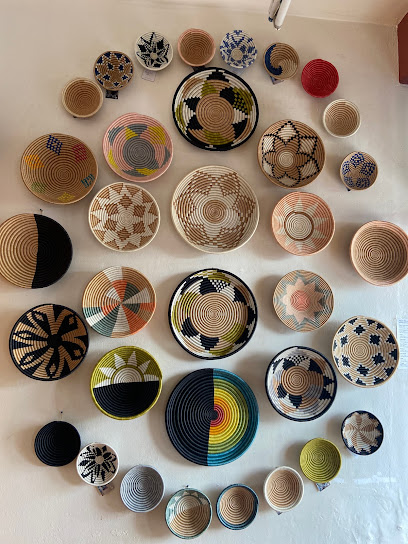
Ivuka Arts
Discover the essence of Rwandan creativity at Ivuka Arts, an inspiring art gallery and studio in Kigali showcasing local talent and culture.
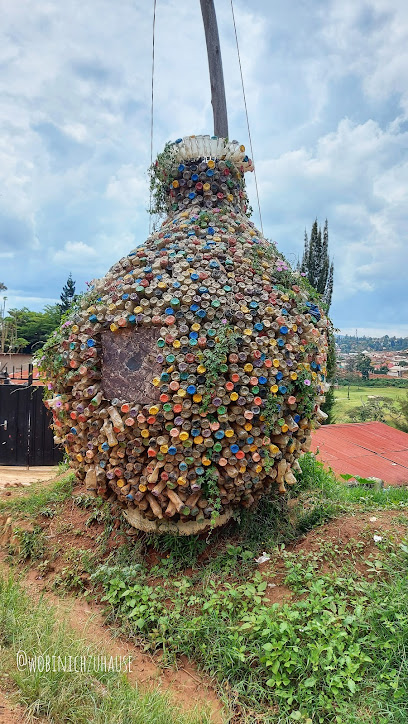
Mur de Kigali
Experience the Mur de Kigali, a powerful monument of resilience and hope, where art and history intertwine in the heart of Rwanda's capital.
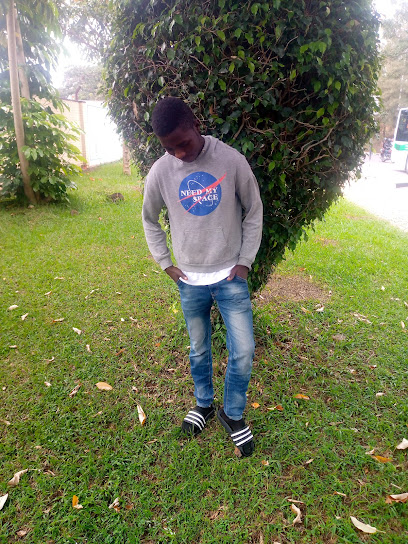
Gorilla Statue
Explore the Gorilla Statue in Kigali, a symbol of Rwanda's commitment to wildlife conservation and a must-see historical landmark.
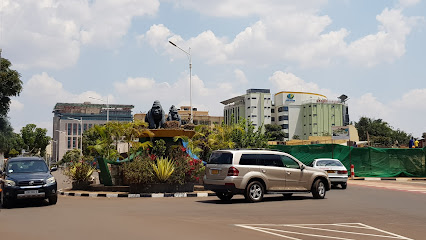
Imfura Park
Explore Imfura Park: Kigali's Urban Oasis for Nature Lovers and Cultural Enthusiasts
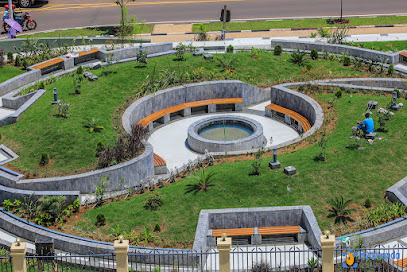
Open Palm Anti-Corruption Sculpture
Explore the Open Palm Anti-Corruption Sculpture in Kigali, a powerful symbol of transparency and hope, set amidst Rwanda's breathtaking landscape.
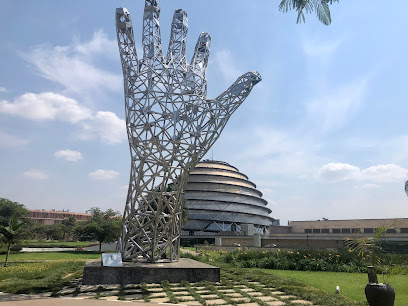
Kimihurura Roundabout Park
Experience the tranquility of Kimihurura Roundabout Park, a serene green space in Kigali perfect for relaxation and connecting with nature.
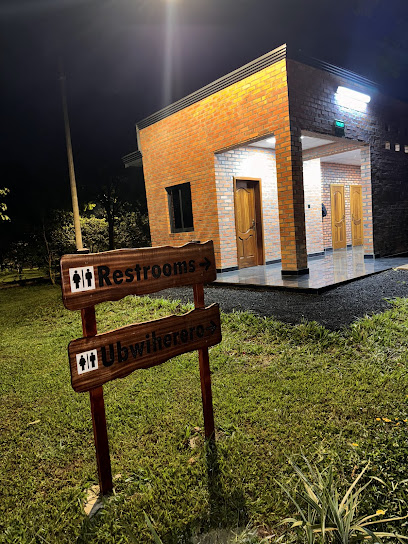
Unmissable attractions to see
Belgian Peacekeepers Memorial
Explore the Belgian Peacekeepers Memorial in Kigali, a poignant site dedicated to the heroes of the Rwandan genocide and a symbol of peace and reconciliation.
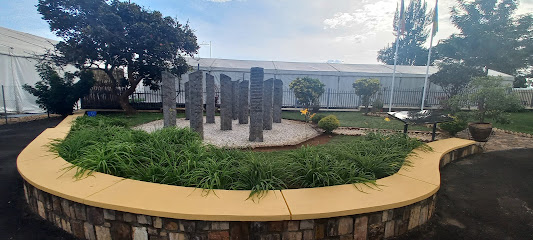
Niyo Arts Gallery
Explore the artistic heart of Rwanda at Niyo Arts Gallery, a vibrant showcase of contemporary and traditional art in Kigali.
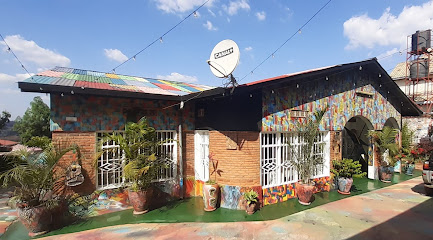
Kigali Prime Garden
Discover tranquility at Kigali Prime Garden, a stunning oasis of flora and peace in the heart of Rwanda's capital city, perfect for relaxation and exploration.
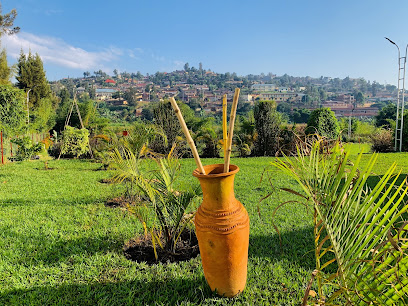
Panorama Hope Garden
Explore the serene beauty of Panorama Hope Garden in Kigali, where lush landscapes meet stunning city views for a perfect retreat.
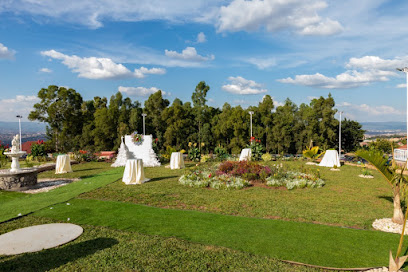
Imbuga City Walk
Experience the vibrant atmosphere of Imbuga City Walk in Kigali, where culture, art, and nature come together in a stunning urban setting.
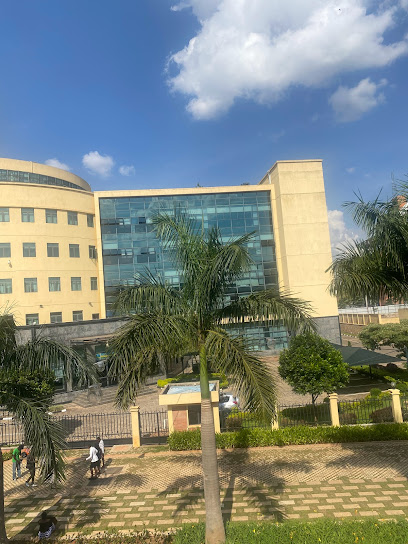
Imfura Park
Experience the serenity of Imfura Park, a lush green escape in Kigali perfect for relaxation, picnics, and enjoying nature's beauty.
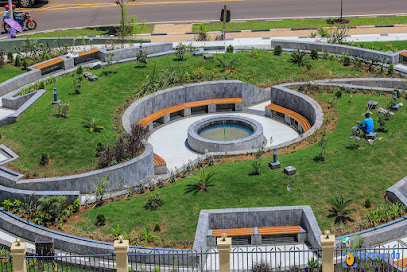
Kiyovu town roundabout
Explore the vibrant Kiyovu Town Roundabout, a cultural hub in Kigali that connects neighborhoods and offers a taste of Rwandan life.
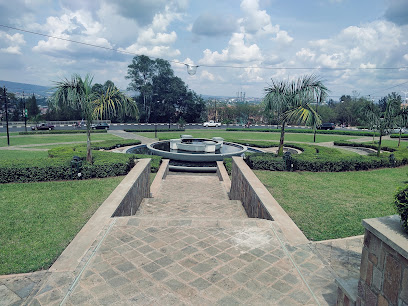
Essential places to dine
Sundowner
Experience exquisite grilled cuisine with stunning views at Sundowner in Kigali - a culinary gem that blends local flavors with international flair.
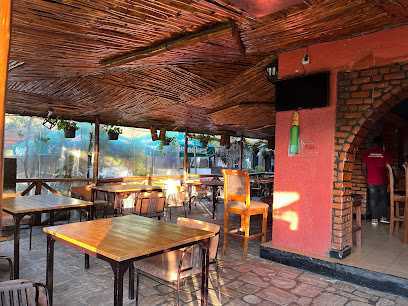
Repub Lounge
Discover Kigali's culinary delights at Repub Lounge - where vibrant flavors meet lively entertainment in a chic setting.
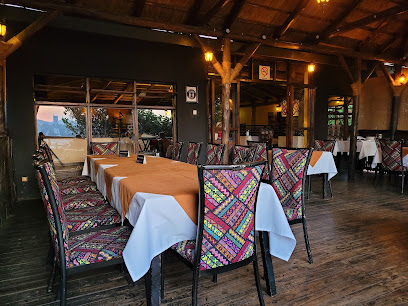
Soy Asian Table
Experience authentic South East Asian cuisine at Soy Asian Table in Kigali - where every dish tells a story.
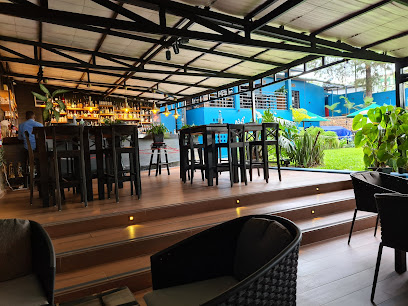
L'Épicurien
Experience authentic French cuisine at L'Épicurien in Kigali - where every meal is a journey through exquisite flavors and delightful ambiance.
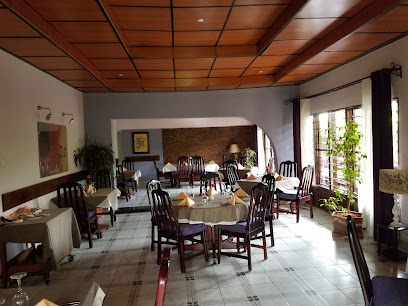
Poivre Noir
Experience culinary artistry at Poivre Noir, Kigali's premier restaurant offering a fusion of local flavors and international cuisine.
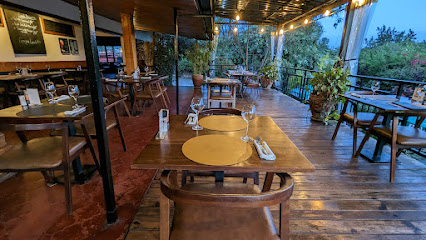
Greek Taverna
Discover authentic Greek cuisine at the Greek Taverna in Kigali – where flavors meet tradition in a cozy Mediterranean setting.
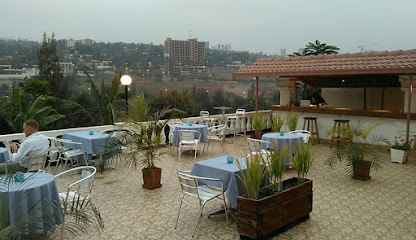
Boho Restaurant
Experience authentic Rwandan cuisine at Boho Restaurant, where local flavors meet modern dining in Kigali's vibrant atmosphere.
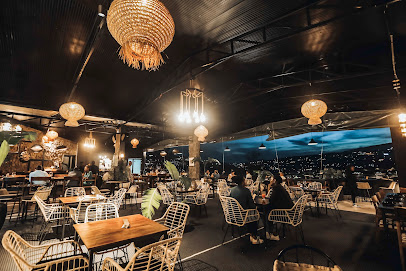
La Creola
Experience exquisite dining at La Creola in Kigali - where delicious food meets stunning views and warm hospitality.
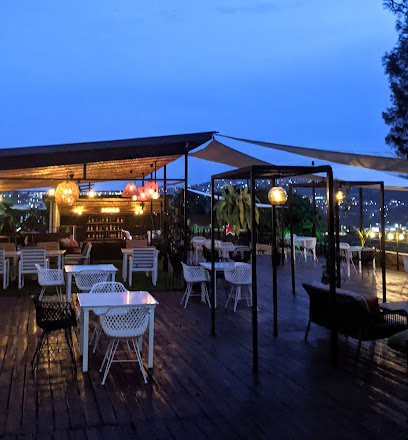
Kōzo Kigali Restaurant
Discover authentic Rwandan flavors at Kōzo Kigali Restaurant – where culinary excellence meets cultural heritage in vibrant Kigali.
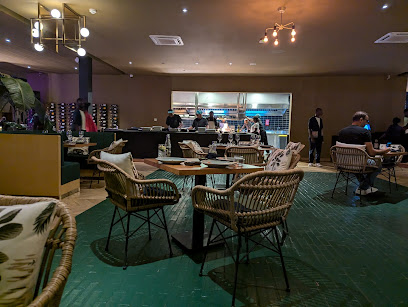
The Living Room
Experience the essence of Rwandan cuisine at The Living Room - where tradition meets innovation in every bite.
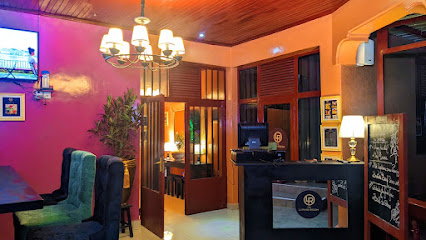
Markets, malls and hidden boutiques
Abraham Konga Collections
Explore the vibrant world of Rwandan craftsmanship at Abraham Konga Collections, where unique collectibles and handcrafted treasures await.
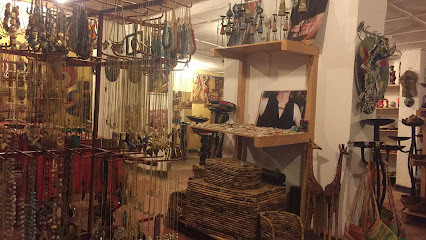
KICIRWANDA
Explore KICIRWANDA in Kigali for authentic Rwandan crafts, showcasing exquisite handmade items that reflect local culture and artistry.
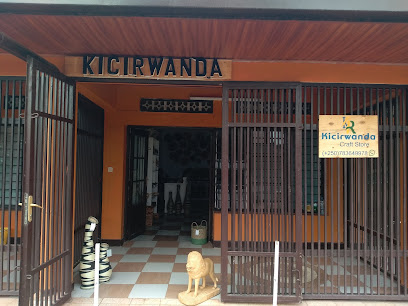
Kuasa Collective
Explore Kuasa Collective in Kigali for unique souvenirs that showcase Rwanda's rich culture and artistry, perfect for memorable gifts and keepsakes.
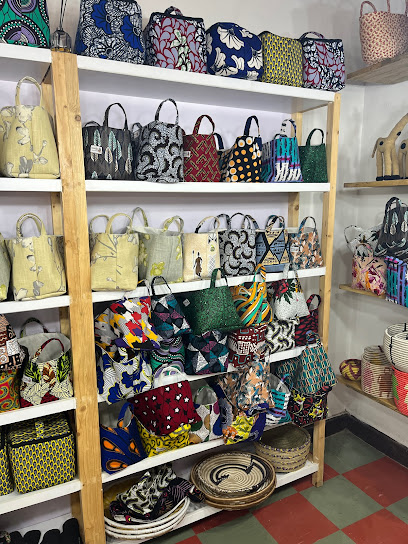
n'Intoki
Explore n'Intoki in Kigali for exquisite leather handbags that reflect the beauty and artistry of Rwandan craftsmanship.
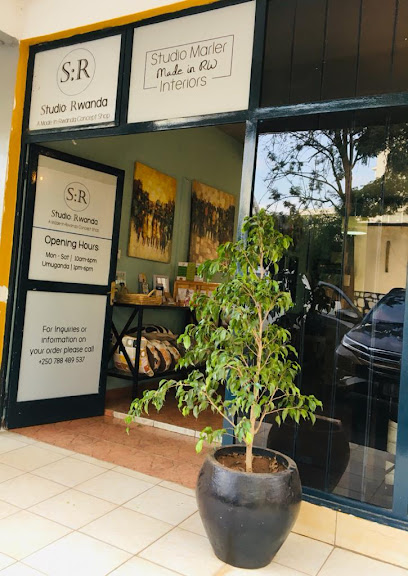
Akeza Shop
Discover unique handcrafted gifts and local art at Akeza Shop in Kigali, a treasure trove of Rwandan culture and creativity.
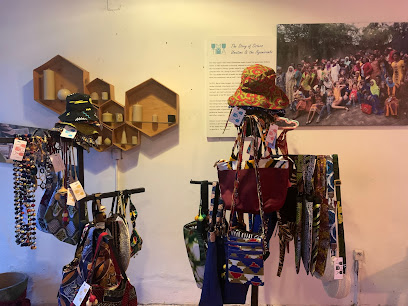
KIGALI THREADS
Discover the vibrant world of Rwandan fashion and decor at Kigali Threads, where unique gifts and haute couture come together.

Ikamba Gift Shop
Explore Ikamba Gift Shop for authentic Rwandan crafts and souvenirs, showcasing the rich culture and artistry of this vibrant country.
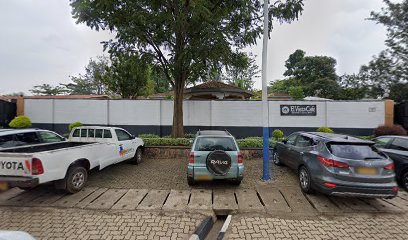
Chanzo
Experience the elegance of Rwandan craftsmanship at Chanzo Boutique, where every item reflects the rich culture and creativity of Kigali.

Crafts store
Explore Kigali's vibrant crafts store, where local artistry meets unique fashion, perfect for authentic souvenirs and gifts.
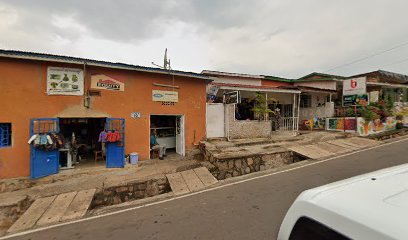
Kuba craft
Explore Kuba Craft in Kigali for authentic handmade Rwandan souvenirs, supporting local artisans and celebrating rich cultural heritage.
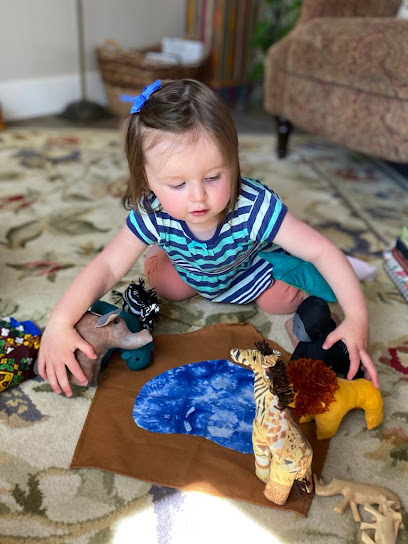
Essential bars & hidden hideouts
Sundowner
Experience the vibrant flavors of Rwanda at Sundowner, Kigali's premier grill restaurant with stunning views and a welcoming atmosphere.
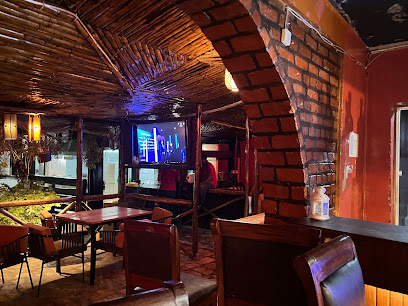
Repub Lounge
Experience the vibrant nightlife of Kigali at Repub Lounge, where Rwandan hospitality meets a diverse culinary and drink selection.
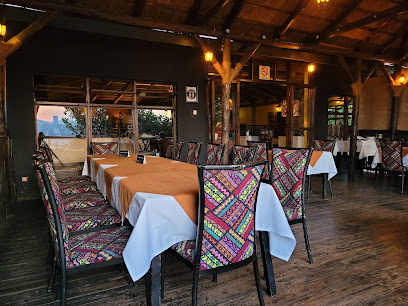
Switch
Discover the lively ambiance and diverse flavors at Switch, a premier bar and restaurant in the heart of Kigali, perfect for socializing and nightlife.
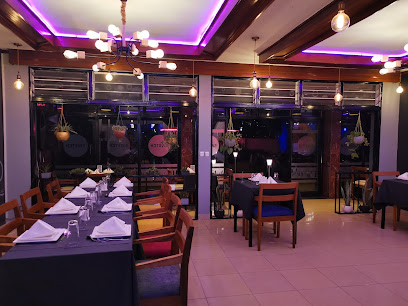
Shooters Lounge
Discover the lively atmosphere of Shooters Lounge in Kigali, where great food and vibrant nightlife come together for an unforgettable experience.
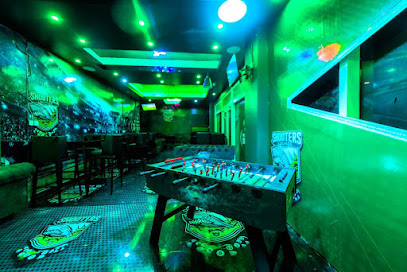
Lemon Kigali
Discover the vibrant nightlife of Kigali at Lemon Kigali, a chic lounge offering an array of drinks and a welcoming atmosphere.
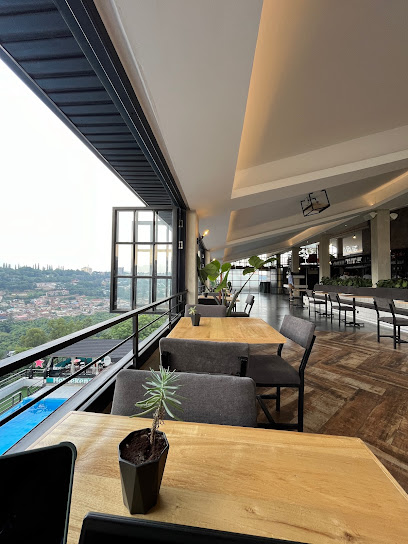
NEW KIMI’S BAR
Experience the lively ambiance and diverse drink selection at New Kimi’s Bar, the perfect spot to unwind in the heart of Kigali's nightlife.
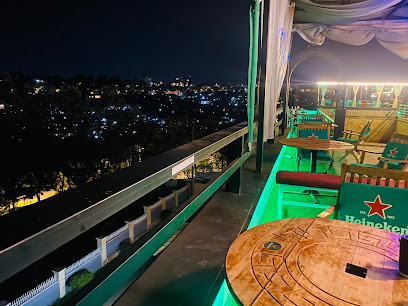
Jacaranda Bar
Experience the vibrant nightlife of Kigali at Jacaranda Bar, where delicious grilled dishes and refreshing local drinks await.
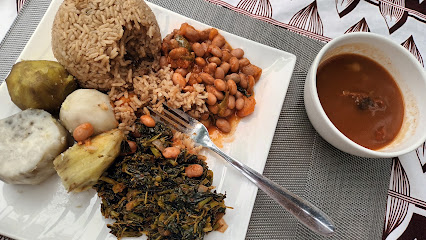
Isla Tiki Bar
Discover the vibrant Isla Tiki Bar in Kigali, where exotic cocktails and gourmet hot dogs create an unforgettable tropical experience.
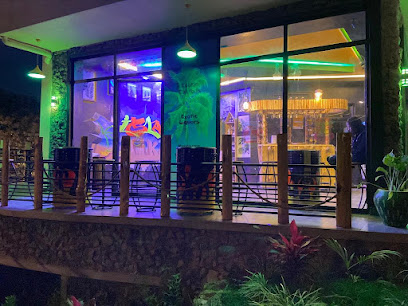
Miami Bar
Discover the vibrant nightlife at Miami Bar in Kigali, offering delicious drinks, live music, and a welcoming atmosphere that embodies the spirit of Rwanda.
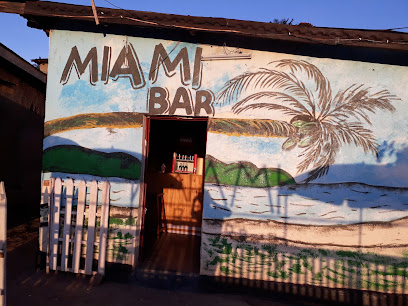
The Cabinet
Discover The Cabinet in Kigali: a trendy bar offering a lively atmosphere and a wide selection of drinks to enjoy the local nightlife.
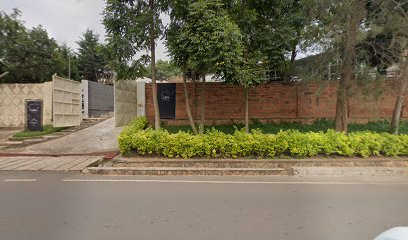
Local Phrases
-
- HelloMuraho
[moo-rah-ho] - GoodbyeMurabeho
[moo-rah-beh-ho] - YesYego
[yeh-go] - NoOya
[oh-ya] - Please/You're welcomeNgihe amahirwe
[ngi-he a-ma-heer-we] - Thank youMurakoze
[moo-rah-ko-zeh] - Excuse me/SorrySindabona
[sin-da-bo-na] - How are you?Amakuru?
[a-ma-koo-roo] - Fine. And you?Murakose, nawe?
[moo-rah-ko-seh, nah-weh] - Do you speak English?Mwakoreshe icyongereza?
[mwa-kor-esh eh-chyon-ge-reh-zah] - I don't understandNtakibazo
[n-tah-ki-ba-zo]
- HelloMuraho
-
- I'd like to see the menu, pleaseNifashishije ijambo ry'ibitaro, cyane
[nee-fa-shee-shee-jeh ee-jam-bo ree-ee-bee-ta-ro, chya-neh] - I don't eat meatSi nywa nyama
[see ny-wa nyah-ma] - Cheers!Amahoro!
[a-ma-ho-ro] - I would like to pay, pleaseNifashishije kugura, cyane
[nee-fa-shee-shee-jeh koo-goo-rah, chya-neh]
- I'd like to see the menu, pleaseNifashishije ijambo ry'ibitaro, cyane
-
- Help!Ubwira!
[oo-bwee-rah] - Go away!Jya kure!
[jya koo-re] - Call the Police!Sibyuma Polisi!
[see-byu-ma po-lee-see] - Call a doctor!Sibyuma Dokotere!
[see-byu-ma do-ko-te-re] - I'm lostNjyewe mbere y'urupfu
[n-jye-we m-be-ree yoo-roop-foo] - I'm illNjyewe nsanze
[n-jye-we n-san-ze]
- Help!Ubwira!
-
- I'd like to buy...Nifashishije kugura...
[nee-fa-shee-shee-jeh koo-goo-rah] - I'm just lookingNifite iby'ibiganiro
[nee-fee-teee ee-bee-ee-bee-ga-nee-ro] - How much is it?Ni iki gifite?
[nee ee-kee gee-fee-teh] - That's too expensiveNi byiza cyane
[nee bee-ee-za chya-neh] - Can you lower the price?Mwakwire kubura amafaranga?
[mwa-kwee-re koo-boo-rah a-ma-fa-ran-ga]
- I'd like to buy...Nifashishije kugura...
-
- What time is it?Saa iki?
[sa-ah ee-kee] - It's one o'clockNi saa ya gatatu
[nee sa-ah ya ga-ta-too] - Half past (10)Saa tatu n'igice
[sa-ah ta-too n-ee-gee-chay] - MorningIgitondo
[ee-gee-ton-do] - AfternoonInda
[een-da] - EveningIkibondo
[ee-kee-bon-do] - YesterdayEjo
[eh-joh] - TodayEjo
[eh-joh] - TomorrowEjo
[eh-joh] - 1Rimwe
[ree-mwe] - 2Kabiri
[ka-bee-ree] - 3Gatatu
[ga-ta-too] - 4Kane
[ka-neh] - 5Gatanu
[ga-ta-noo] - 6Gatandatu
[ga-tan-da-too] - 7Kumwe
[koo-mweh] - 8Kiganya
[kee-gan-ya] - 9Icyenda
[ee-chen-da] - 10Icyumweru
[ee-choom-weh-roo]
- What time is it?Saa iki?
-
- Where's a/the...?Aho ari...?
[a-ho a-ree] - What's the address?Icyo ni aho?
[ee-cho nee a-ho] - Can you show me (on the map)?Mwakwire nk'ibyari, cyane?
[mwa-kwee-re nn-kee-byah-ree, chya-neh] - When's the next (bus)?Iki gihari?
[ee-kee gee-ha-ree] - A ticket (to ....)Igice cy'amashuri (ku ....)
[ee-gee-chay cha-ma-shoo-ree (koo)]
- Where's a/the...?Aho ari...?
History of Kimihurura
-
Kimihurura, located in the heart of Kigali, has roots that trace back to the pre-colonial period when it was primarily a rural area inhabited by the Tutsi and Hutu ethnic groups. The region became more structured during the colonial era, particularly under German and later Belgian rule, which introduced significant changes to the social and political landscape of Rwanda. The establishment of administrative centers in Kigali during this time laid the groundwork for the city’s urban development.
-
Kimihurura was affected by the tragic events of the Rwandan Genocide in 1994, which saw the murder of an estimated 800,000 Tutsi and moderate Hutu over a span of 100 days. The neighborhood, like many others in Kigali, became a site of violence and despair. In the aftermath, Kimihurura and the rest of Kigali underwent a profound transformation as survivors began the arduous process of rebuilding their lives and communities, fostering a spirit of resilience.
-
Following the genocide, Kimihurura emerged as a symbol of resilience and recovery. The Rwandan government prioritized urban development and infrastructure improvements in Kigali, including Kimihurura. This period saw the establishment of new businesses, schools, and health facilities, reflecting a commitment to modernization and the promotion of unity among the diverse population.
-
In the 2000s, Kimihurura began to flourish as a cultural and economic hub in Kigali. The neighborhood is home to numerous cafes, restaurants, and arts venues that showcase Rwandan culture and heritage. This cultural renaissance is complemented by the area's role in Rwanda's growing economy, attracting both local and international investments, which has contributed to its vibrant atmosphere.
-
In recent years, Kimihurura has embraced sustainability and green initiatives as part of Kigali's broader vision to become a clean and eco-friendly city. Projects aimed at improving public spaces, such as parks and community gardens, have been implemented. The neighborhood is recognized for its commitment to maintaining a balance between urban development and environmental conservation, reflecting the progressive values of contemporary Rwandan society.
Kimihurura Essentials
-
Kimihurura is easily accessible from various neighborhoods in Kigali. If you are coming from the city center, you can take a moto-taxi or a regular taxi, which typically costs around 1,500 to 3,000 Rwandan Francs (RWF). Public buses (known locally as 'taxi verts') also serve this area, with routes connecting to other key neighborhoods such as Nyamirambo and Kacyiru. For those arriving from Kigali International Airport, a taxi will cost approximately 10,000 to 15,000 RWF and takes about 30 minutes depending on traffic.
-
Kimihurura is a relatively small neighborhood, making it easy to explore on foot. For longer distances, moto-taxis are a popular and convenient option, offering a quick way to navigate the streets. Public transport options include the 'taxi verts' which run through the area, but be prepared for crowded conditions. Bicycles can also be rented in certain parts of Kigali, and bike lanes are available in some areas, making it a pleasant way to explore.
-
Kimihurura is considered a safe neighborhood for tourists; however, it is wise to take standard precautions. Avoid walking alone at night, particularly in poorly lit areas. While violent crime rates are low, petty theft can occur, especially in crowded places or markets. Areas near the bus stations can be busier and may require additional caution. Always be aware of your surroundings and keep your belongings secure.
-
In case of an emergency, dial 112 for police assistance or 913 for medical emergencies in Rwanda. The nearest hospital is the King Faisal Hospital, located a short drive from Kimihurura. It is advisable to have travel insurance that covers medical emergencies. For minor health issues, local pharmacies are available and can provide over-the-counter medications.
-
Fashion: Do dress modestly, especially when visiting local places of worship. Avoid wearing revealing clothing. Religion: Do respect local customs and traditions. It’s polite to greet people with 'Muraho' (Hello) when entering a home or establishment. Public Transport: Do give up your seat to elderly passengers. Don't eat or drink on public transport. Greetings: Do greet people with a handshake, and a light bow of the head shows respect. Eating & Drinking: Do try local dishes, particularly at street food stalls. Don't refuse food or drink offered to you, as it may be seen as impolite.
-
To experience Kimihurura like a local, visit the local markets for fresh produce and handmade goods. Engage with local vendors, as they often share stories and recommendations. Enjoy a coffee at one of the local cafes, where you can experience the Rwandan coffee culture. For a unique experience, take a stroll through the neighborhood parks, such as the Kimihurura Park, and enjoy the vibrant community atmosphere.
Nearby Cities to Kimihurura
-
Things To Do in Nyamata
-
Things To Do in Muhanga
-
Things To Do in Kirundo
-
Things To Do in Ruhengeri
-
Things To Do in Karongi
-
Things To Do in Nyagatare
-
Things To Do in Butare
-
Things To Do in Kibuye
-
Things To Do in Rubavu
-
Things To Do in Gisenyi
-
Things To Do in Muyinga
-
Things To Do in Ngozi
-
Things To Do in Kayanza
-
Things To Do in Cibitoke
-
Things To Do in Muramvya







